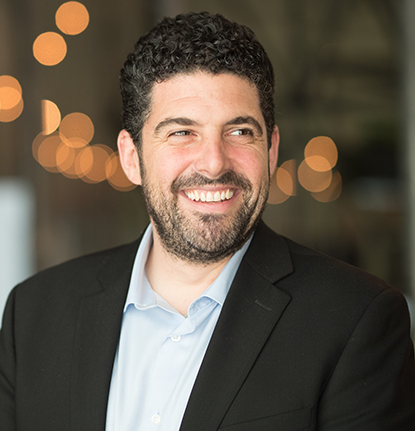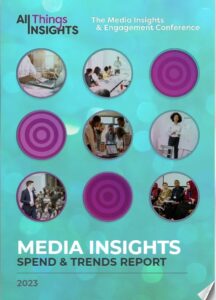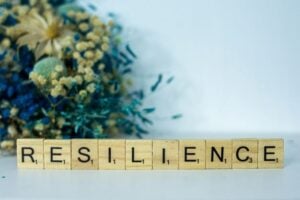Resilience, for the business, for the community, for the person- is absolutely necessary. We’re in the process of establishing a Data Culture. We continue to attempt to square the circle on the New Work Order. A blending of traditional approaches with new methodologies is a preferred path forward. And whatever the endeavor, ensure its purpose is established.
One other key and very human truth is emerging. Focusing on mental health is not only necessary, it’s potentially a value proposition. We’ve discussed how the business can truly benefit from a focus on mental fitness. We’ve also discussed how much it benefits management to discover new minds. But what each of us controls in the absolute, is the ability to strive for personal mental well-being.
Dominique Batiste, Director of Insights and Cultural Intelligence for Paramount shared thoughts on mental health in a somewhat recent conversation. The first note she sounded was that she’s finally “learned to take mental health seriously.” And she’s doing that by focusing on what matters. To crystallize that concept she focused on the simplicity of eating dinner at home and how over the past few years- she would eat out multiple times a week. Through the pandemic she realized that a never-stop, rat-race based mentality did not benefit her.
More time to breathe leads to more time to rest which leads to living better. Living better leads to working smarter. On working smarter, Batiste has the point of view that productivity and effectiveness doesn’t depend on communication means. To that end, the new paradigm doesn’t even need to rhyme with the old. In learning what works for each organization, each business, each group, each team and each person- learn from the past- all of the past- and let that inform what is learned in the present to inform what happens in the future.
Oh and by the way, all of this focus on personal mental well-being has a benefit which is particularly useful for the insights discipline. Self realization feeds a more holistic understanding of human behavior. So if you don’t do it to benefit your life or even your work-life balance, at least do it to benefit your job.
Contributors
-

Seth Adler heads up All Things Insights & All Things Innovation. He has spent his career bringing people together around content. He has a dynamic background producing events, podcasts, video, and the written word.
View all posts -


























































































